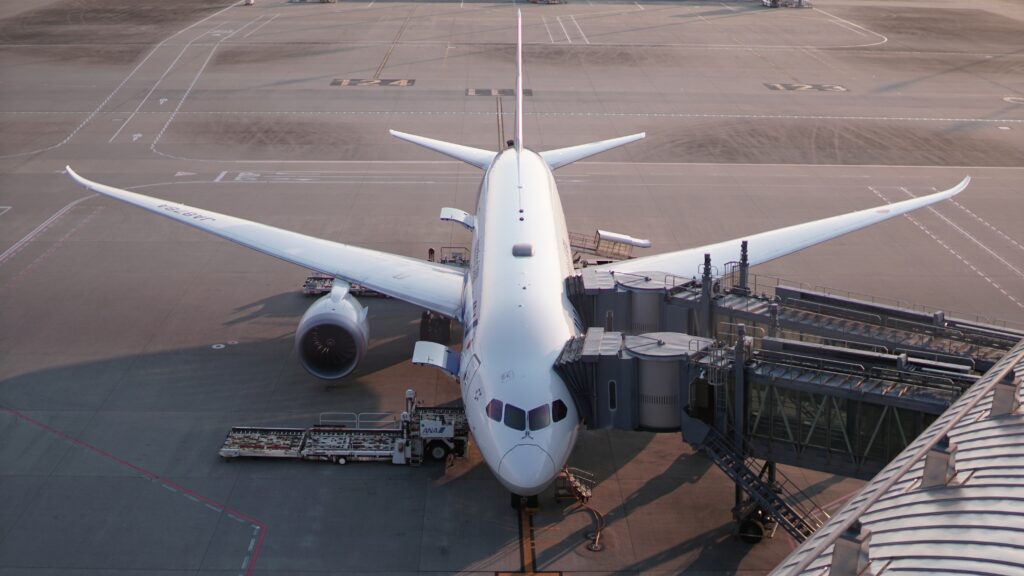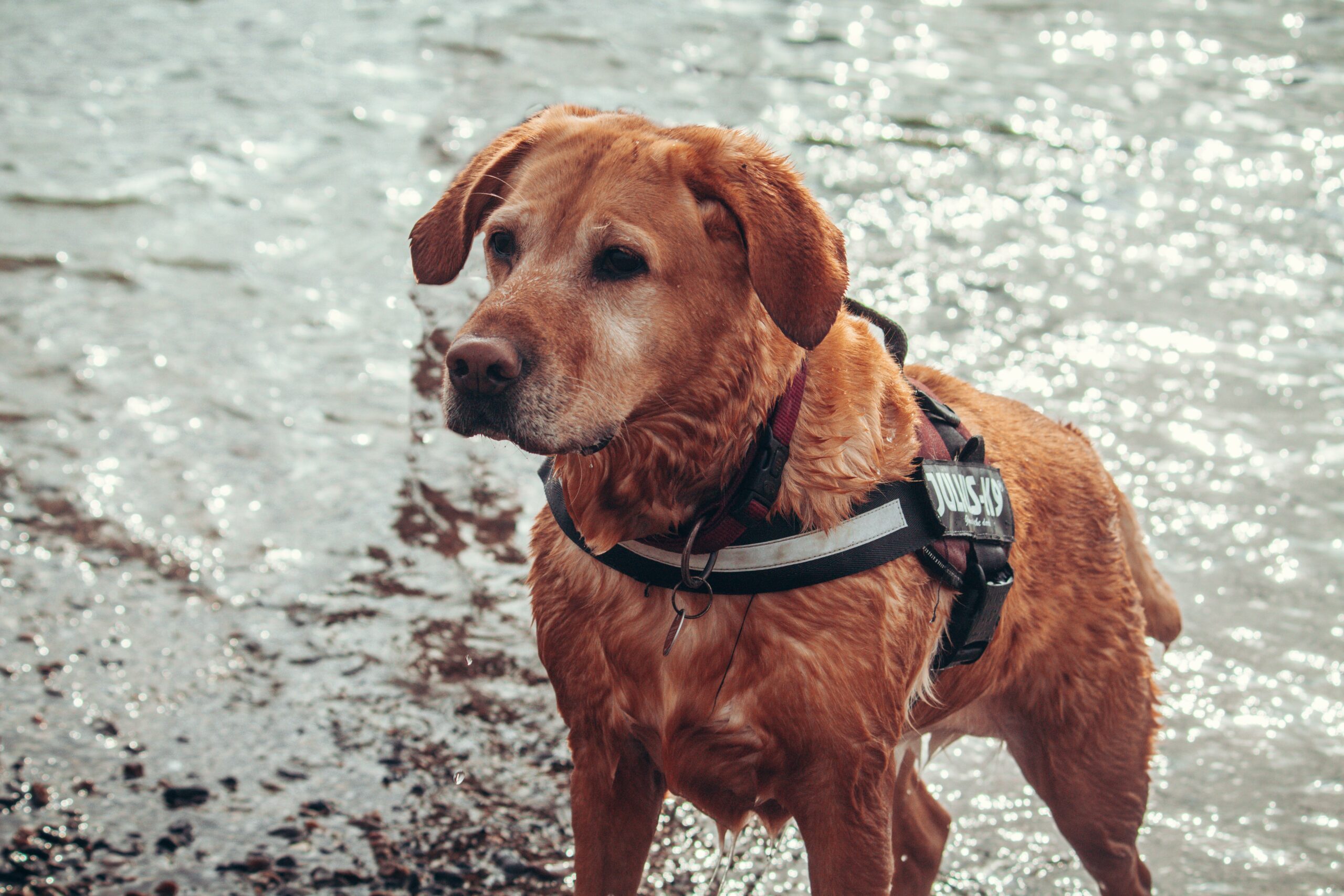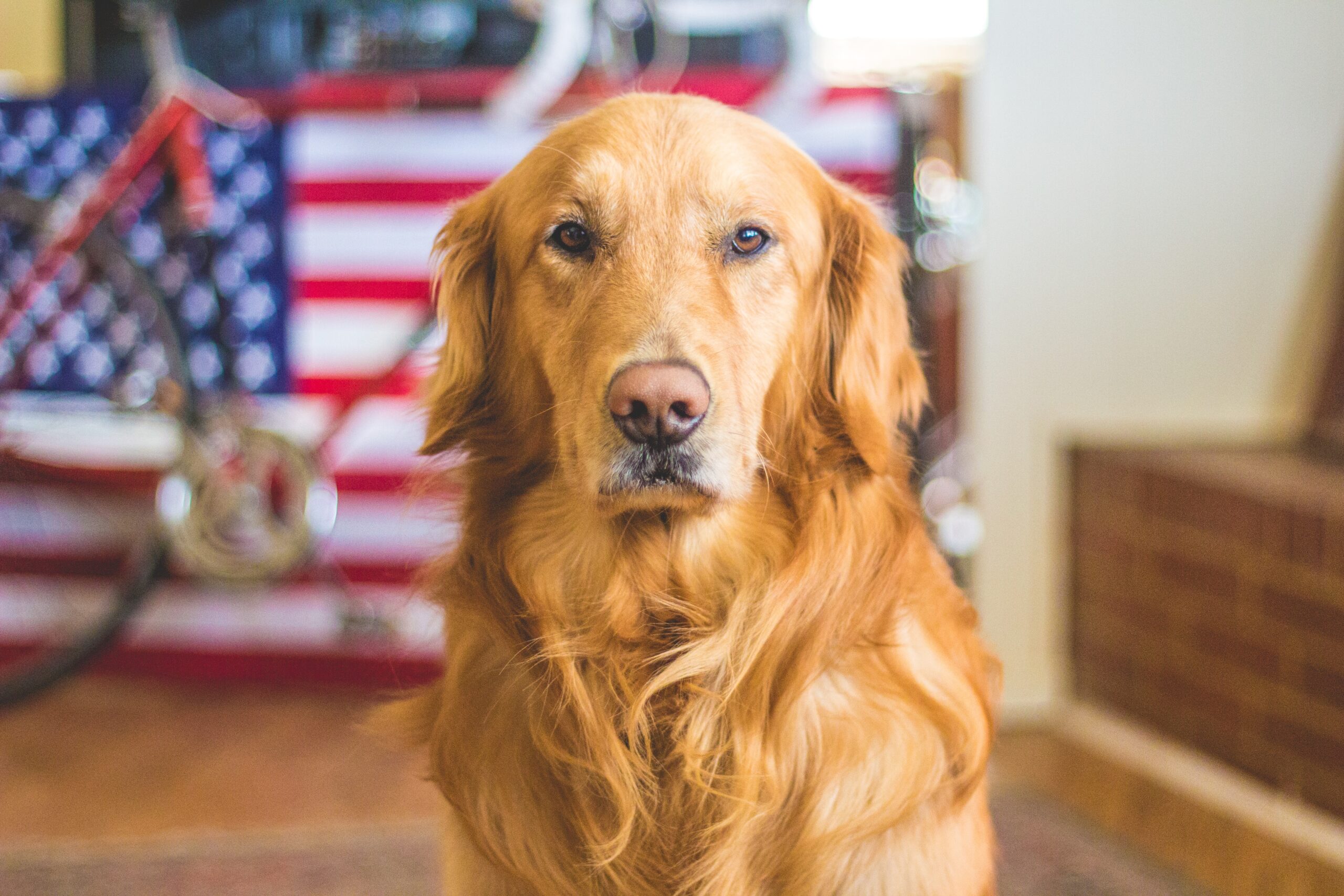Introduction:
Emotional support animals (ESAs) have become an integral part of many individuals’ lives, providing them with comfort and support during their travels. However, recent changes in regulations have led to modifications in airlines’ policies regarding ESAs. In this blog post, we will explore the current landscape of airline policies and discuss which airlines still accept emotional support animal letters.
The Evolution of ESA Policies:
In the past, many airlines allowed passengers to travel with emotional support animals without extensive restrictions. However, due to various factors such as fraudulent ESA documentation and incidents involving poorly trained animals, the policies have undergone significant changes. The goal is to strike a balance between accommodating individuals with legitimate needs and ensuring safety and comfort for all passengers.
Current Airline Policies:
a) American Airlines: As of March 1, 2021, American Airlines no longer recognizes emotional support animals. However, they continue to accept trained service animals that perform specific tasks for passengers with disabilities.
b) Delta Air Lines: Delta Air Lines made similar changes, implementing a policy that no longer allows emotional support animals on flights. They, too, recognize and accommodate trained service animals.
c) United Airlines: United Airlines has also revised their policy and no longer recognizes emotional support animals. Trained service animals, however, are still welcome on their flights.
d) Southwest Airlines: Southwest Airlines, as of March 1, 2021, only accepts trained service dogs, which must be properly harnessed and under control throughout the flight.
e) JetBlue Airways: JetBlue Airways no longer recognizes emotional support animals. They require passengers with disabilities to provide documentation for their service animals at least 48 hours in advance.
Alternatives for Travelers:
While emotional support animals are no longer recognized by many airlines, individuals still have options for traveling with their furry companions:
a) Trained Service Animals: Airlines still accept trained service animals, which are specifically trained to perform tasks that aid individuals with disabilities. These animals provide vital assistance and are protected by the Air Carrier Access Act.
b) Pet Travel: If your animal does not qualify as a trained service animal, many airlines allow pets to travel in the cabin or cargo hold, subject to specific regulations and fees. Check with the airline in advance to understand their pet travel policies.
Preparing for Travel:
When traveling with a trained service animal, it is crucial to be prepared and follow the guidelines set by the airlines:
a) Documentation: Ensure you have all the necessary documentation, such as a valid service animal identification card or other proof of training, as required by the airline.
b) Advance Notice: Airlines may require passengers traveling with service animals to provide advance notice and submit necessary documentation.
c) Be Informed: Familiarize yourself with the specific requirements and restrictions of the airline you are flying with to ensure a smooth travel experience.
Conclusion:
While emotional support animals are no longer recognized by several airlines, the safety and comfort of all passengers remain a priority. Understanding the current policies and alternatives available for travel with trained service animals or pets is crucial. As the airline industry continues to adapt, it is important to stay informed and plan accordingly to ensure a positive travel experience for both you and your animal companion.



